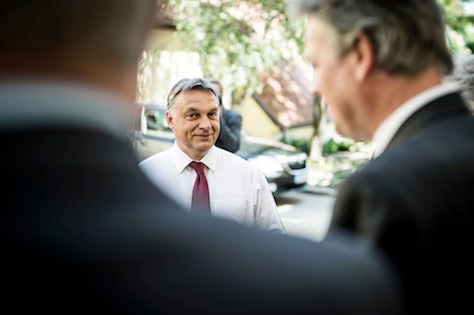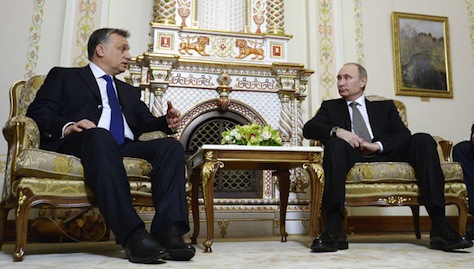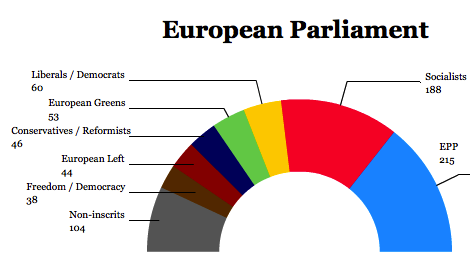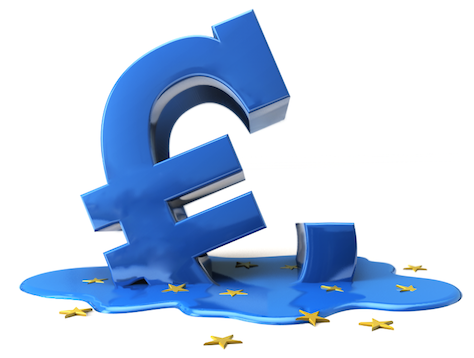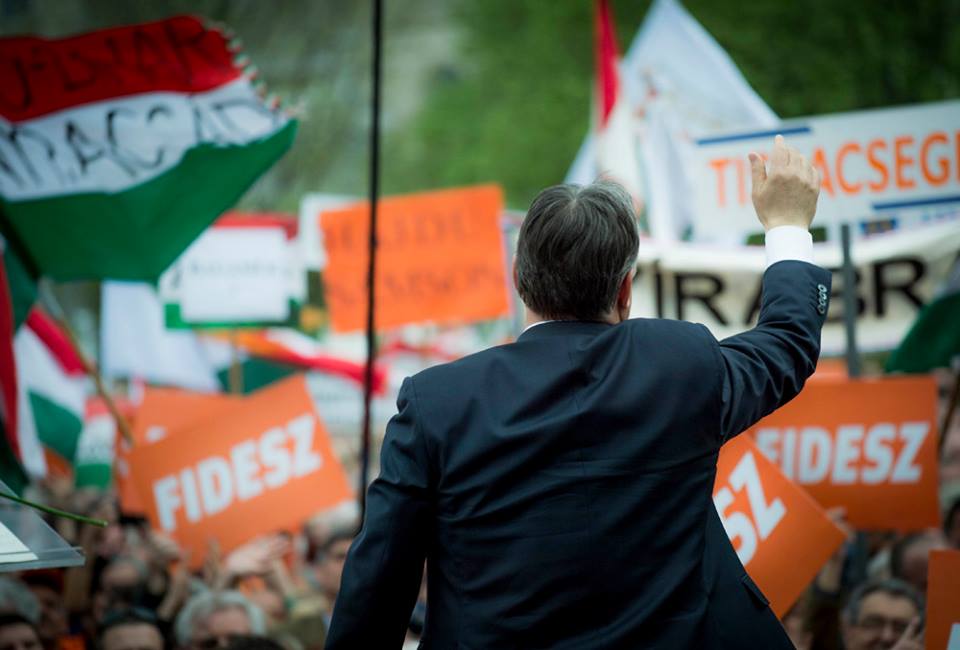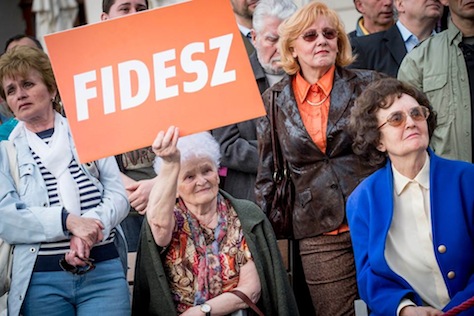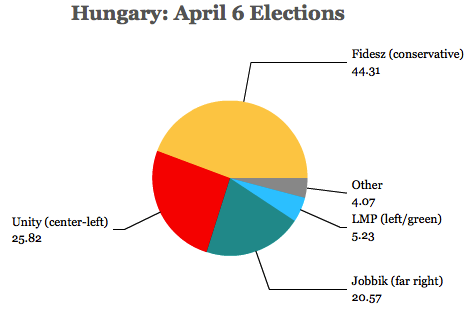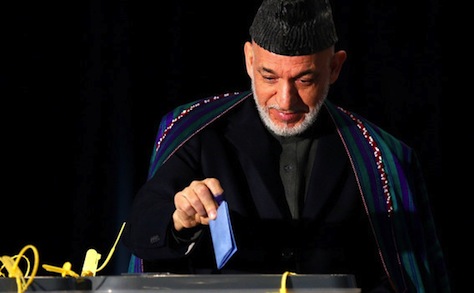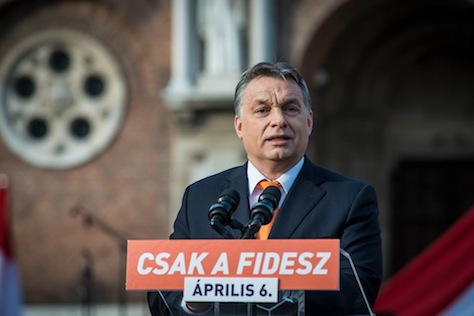It sounds like a headline from the European version of The Onion, but Viktor Orbán, just months out from winning a landslide reelection in April, has announced his intentions to turn Hungary into an ‘illiberal state,’ modeled after China or Russia:![]()
The global financial crisis in 2008 showed that “liberal democratic states can’t remain globally competitive,” Orban said on July 26 at a retreat of ethnic Hungarian leaders in Baile Tusnad,Romania.
“I don’t think that our European Union membership precludes us from building an illiberal new state based on national foundations,” Orban said, according to the video of his speech on the government’s website. He listed Russia, Turkey and China as examples of “successful” nations, “none of which is liberal and some of which aren’t even democracies.”
It’s hard to know just how seriously to take Orbán’s latest comments.
If his first government, over a decade ago, was traditionally liberal conservative, Orbán’s most recent term was marked by more nationalist, illiberal and authoritarian tendencies. It’s not hard to believe that, with a two-thirds majority behind him, Orbán could turn fully away from liberal democracy and toward illiberal authoritarianism in his third term.
* * * * *
RELATED: Hungarian election results : A historic win for Orbán
RELATED: Lessons from Hungary’s election —
and challenges for its future
* * * * *
Other Hungarian commentators argue that Orbán’s emphasis was on the liberal market system and its failures during the 2008-09 global financial crisis. In that sense, Orbán may have been calling merely for a shift from a European social welfare state to a more state capitalist model. Though Orbán came to power as a liberal market proponent, his 2010-14 government engaged in healthy spending on public works programs, nationalized Hungary’s private pensions system and introduced the highest VAT rate in the European Union (27%) in a bid to end Hungary’s €20 billion post-crisis loan program with the International Monetary Fund. Nonetheless, even significant moves in that direction could spook global markets, send the Hungarian forint plummeting or dampen growth and investment.
Orbán’s weekend speech came as he, like Russian president Vladimir Putin (pictured above, right, with Orbán), has called for restrictions on international NGOs throughout the country. Though Hungarians revolted in 1956 against Soviet rule and in favor of freedom and democracy in one of the most dramatic Iron Curtain revolutions of the Cold War, Hungarian relations with Russia today are arguably better than Hungary’s relations with leading EU member-states. Orbán, who burst onto Hungary’s political scene a quarter-century ago as an anti-communist activist, signed a $14 billion lending deal with Russia in January in pursuit of greater nuclear energy.
If Orbán goes through with plans to eliminate liberal democracy in Hungary, which has been a member of the European Union for a decade, it would cause an immediate crisis for the incoming European Commission president Jean-Claude Juncker. Continue reading Orbán designs to transform Hungary into ‘illiberal’ state
